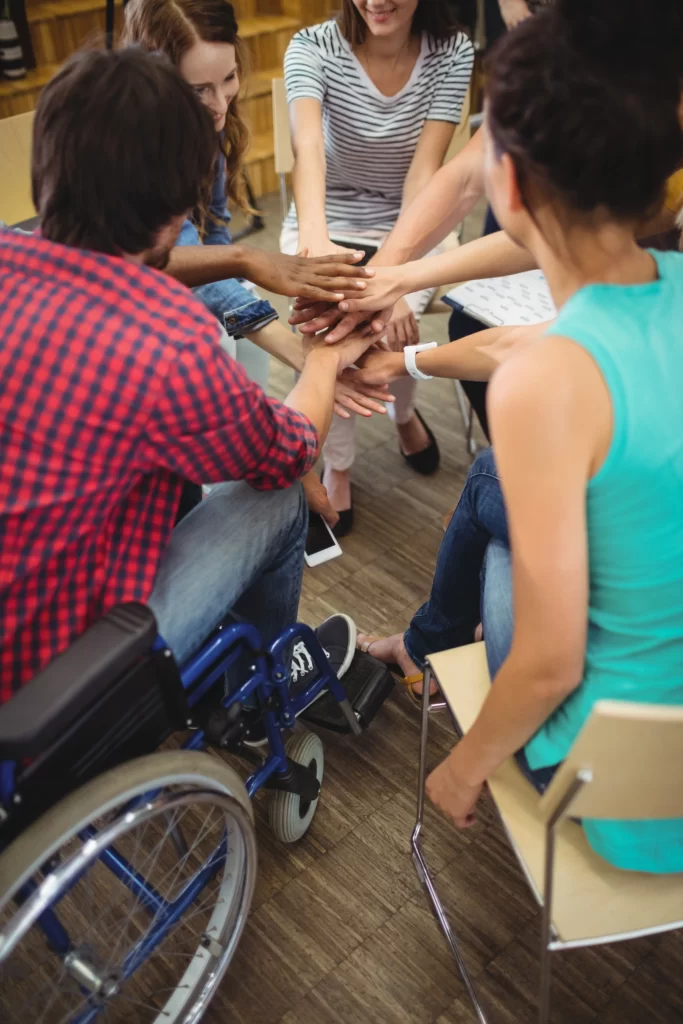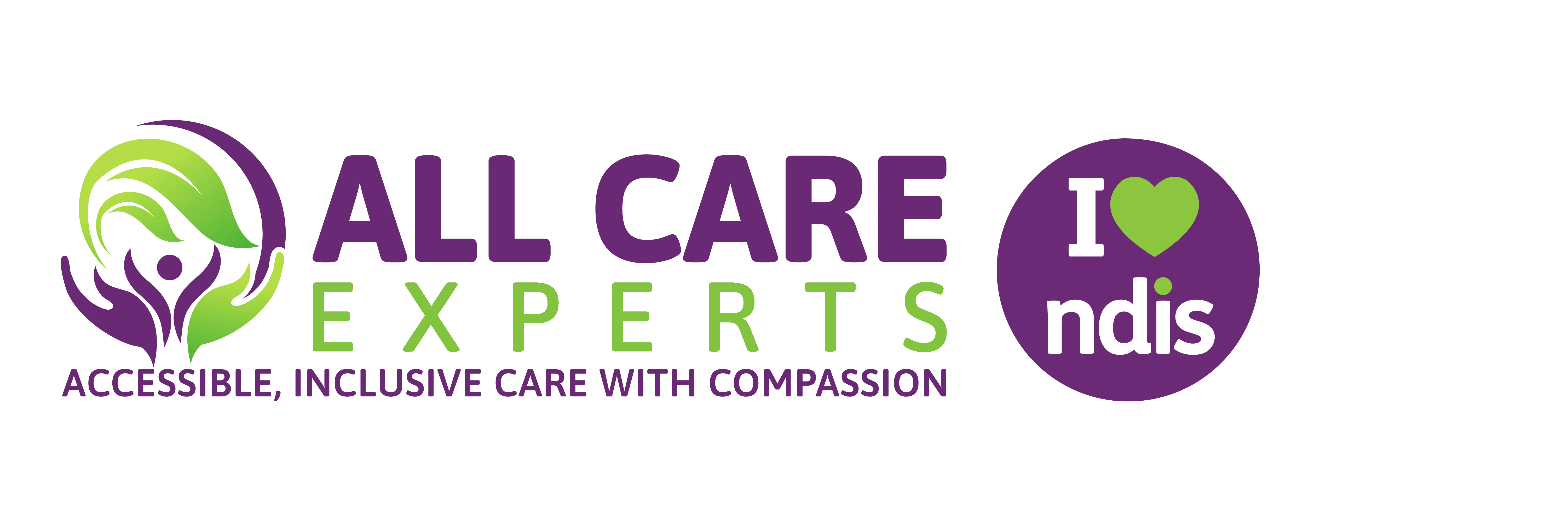What are Group and Center-based activities?
The NDIS functions as a tailored funding program intended to aid individuals with disabilities. Its purpose is to offer the necessary support according to your specific requirements, precisely when and where it's needed. With a focus on granting autonomy and authority over service utilization, including their geographical accessibility, the NDIS empowers individuals. Consequently, individuals with intellectual disabilities can utilize their NDIS funding to organize group or center-based activities. Engaging in such activities not only facilitates socializing with new acquaintances within the local community but also fosters the development of crucial skills like social interaction and self-assurance


Options for Group and Center-based activities
The NDIS funding allocated for center-based activities extends beyond participants receiving personalized support. It is also available to individuals with disabilities assessed to have a high level of support needs, requiring more than five hours per week of care and assistance to maintain independent living at home. This encompasses individuals facing complex health issues, and mental health conditions, and those residing in rural or remote areas.
Center-based activities can be organized either by the participant, their family and friends, or by staff from community organizations. Such activities encompass a diverse range, including arts and crafts, games, sports, and music.
Examples of center-based services include:
- Arts and Crafts: Engaging in activities such as painting, drawing, or crafting with clay, with the assistance of NDIS providers. Participants may also create puppets and costumes, using these to depict stories, with support from the provider.
- Sporting Activities: Participating in swimming lessons at local pools under the supervision of qualified lifeguards throughout the year, ensuring safety. Additionally, individuals may explore new sports like netball, soccer, or table tennis.
- Music and Movement: Singing songs, including familiar nursery rhymes or new compositions, with assistance from NDIS providers. Instrumental accompaniment, such as drums or tambourines, may also be incorporated, aiding individuals, particularly those with autism, in communication by providing an alternative focus.
